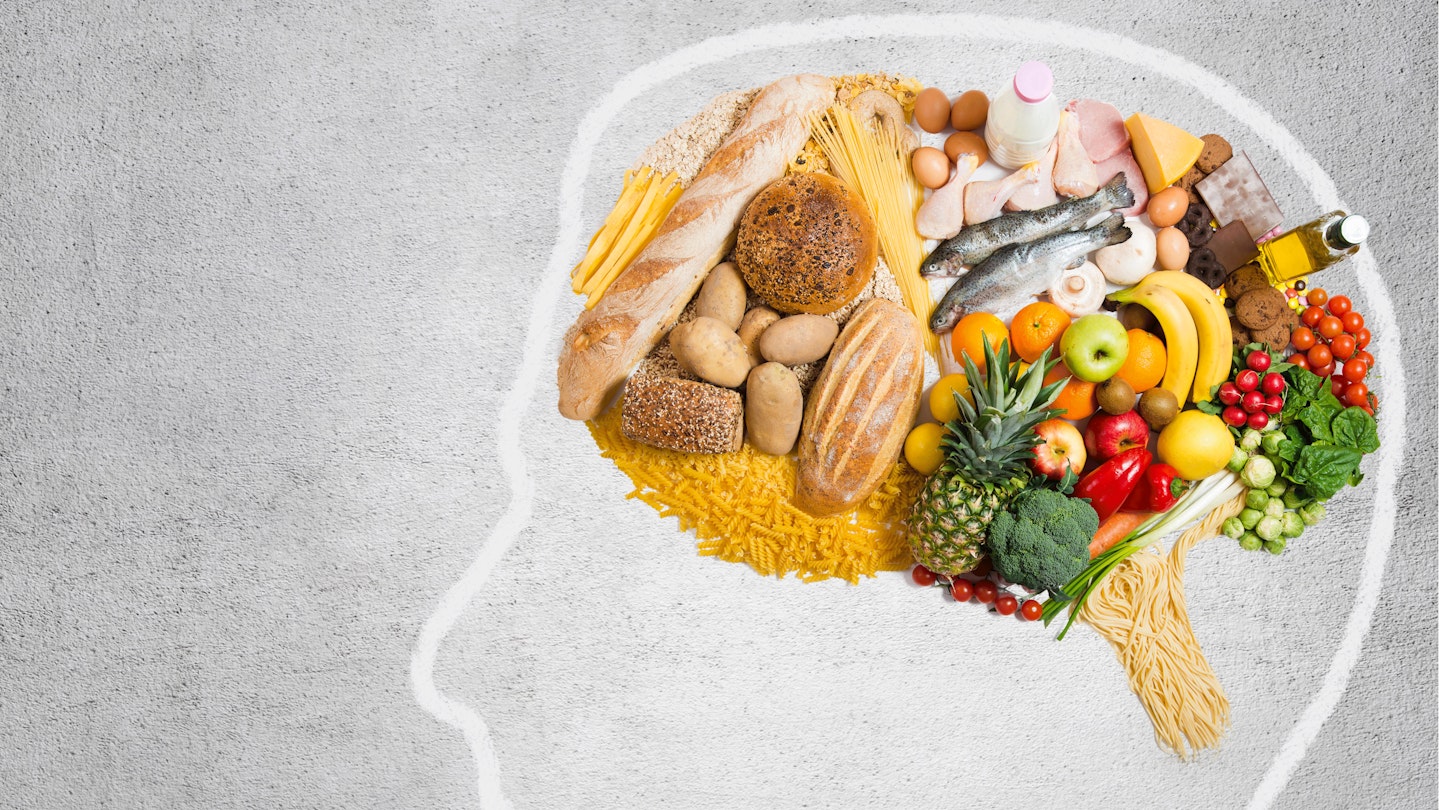Our brain is a pretty important part of our body. It controls the rest of our body, so taking care of it and giving our brain plenty of nourishment through memory boosting foods is vital.
The food you eat can have a big impact on your brain health, particularly when it comes to benefiting our concentration and memory. Some studies have even suggested a healthy balanced diet can prevent our risk of developing dementia.
We've compiled nine brilliant food ideas to help boost your brain and improve your memory. Take a look below to find out more about the benefits of all these foods.
Memory boosting foods
1. Keep hydrated with water

Water is great for your skin, digestion, immunity, energy levels, weight loss and brain function too! New research from the American Journal of Clinical Nutrition has found that dehydration can cause short-term memory loss.
Shona Wilkinson, nutritionist at SuperfoodUK.com, explains: “Water is important for our brain to function well. When we are dehydrated we often get headaches and feel tired. Severe dehydration can lead to becoming confused and even having hallucinations”
“If you struggle to drink the recommended 2 litres a day, make your water a bit more fun by adding some fresh fruit like blueberries or strawberries, a few slices of cucumber, or some lemon and mint.”
2. Eat your spinach
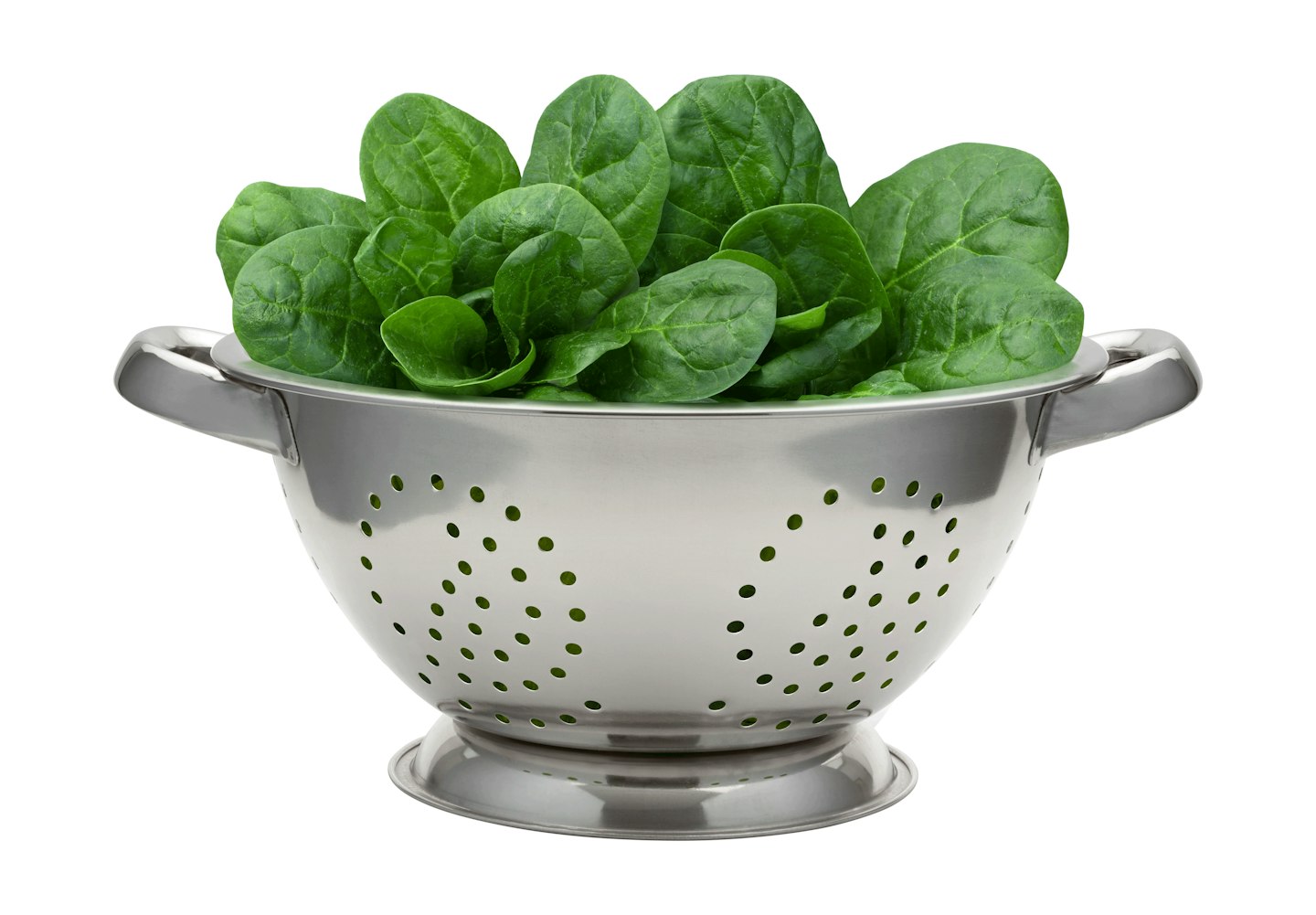
Popeye believed that spinach was good for muscles, but it’s also great for your brain!
“Spinach is a good source of folic acid and vitamin C, both of which are needed for the production of neurotransmitters in the brain. Like other green vegetables, it is also a source of chlorophyll, which may favour the absorption of iron and promote red blood cell growth, to improve oxygen transport around the body and to the brain, ” says nutritionist Dr Marilyn Glenville.
Recipe: Easy pea and spinach samosas
3. Have plenty of oily fish
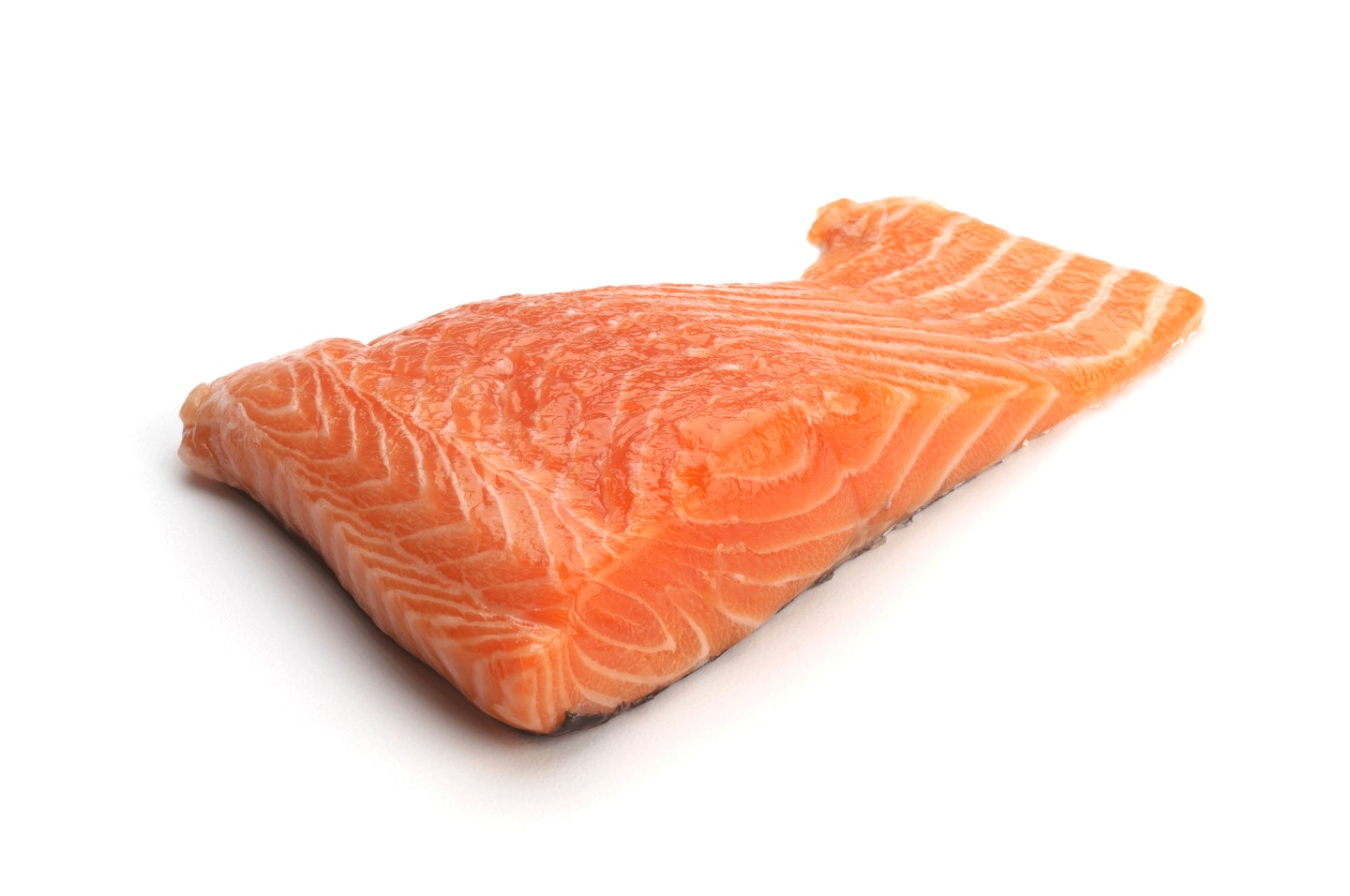
Studies have shown that following a Mediterranean diet, which includes lots of oily fish, is incredibly beneficial for the memory and cognitive functioning.
“Fat is one of the most crucial molecules that determines your brain’s integrity and ability to perform,” says Lily Soutter, nutritionist and weight loss expert. “Choose wild salmon, tuna, mackerel, herring and sardines”
Related: What to eat with salmon
4. Snack on sunflower seeds
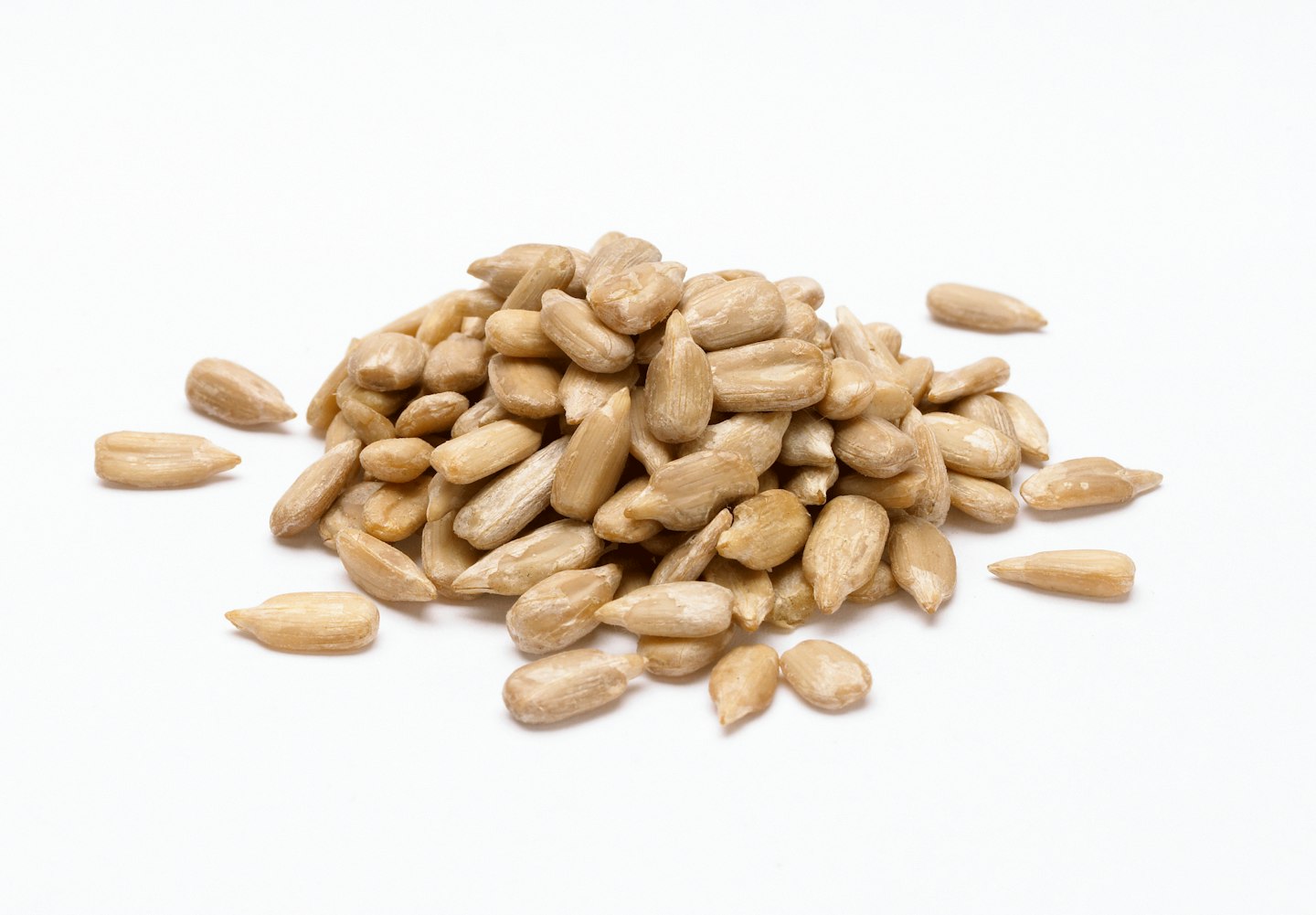
Bursting with vitamin E and B, and like nearly all seeds, sunflower seeds are a great source of healthy fatty acids. Flaxseeds contain ALA (Alpha linoleic acid), a "healthy fat" that improves the function of the cerebral cortex, an area of the brain associated with motor skills and spatial awareness. Try adding a tablespoon to your smoothies or stirring into yogurts.
5. Brilliant beetroot
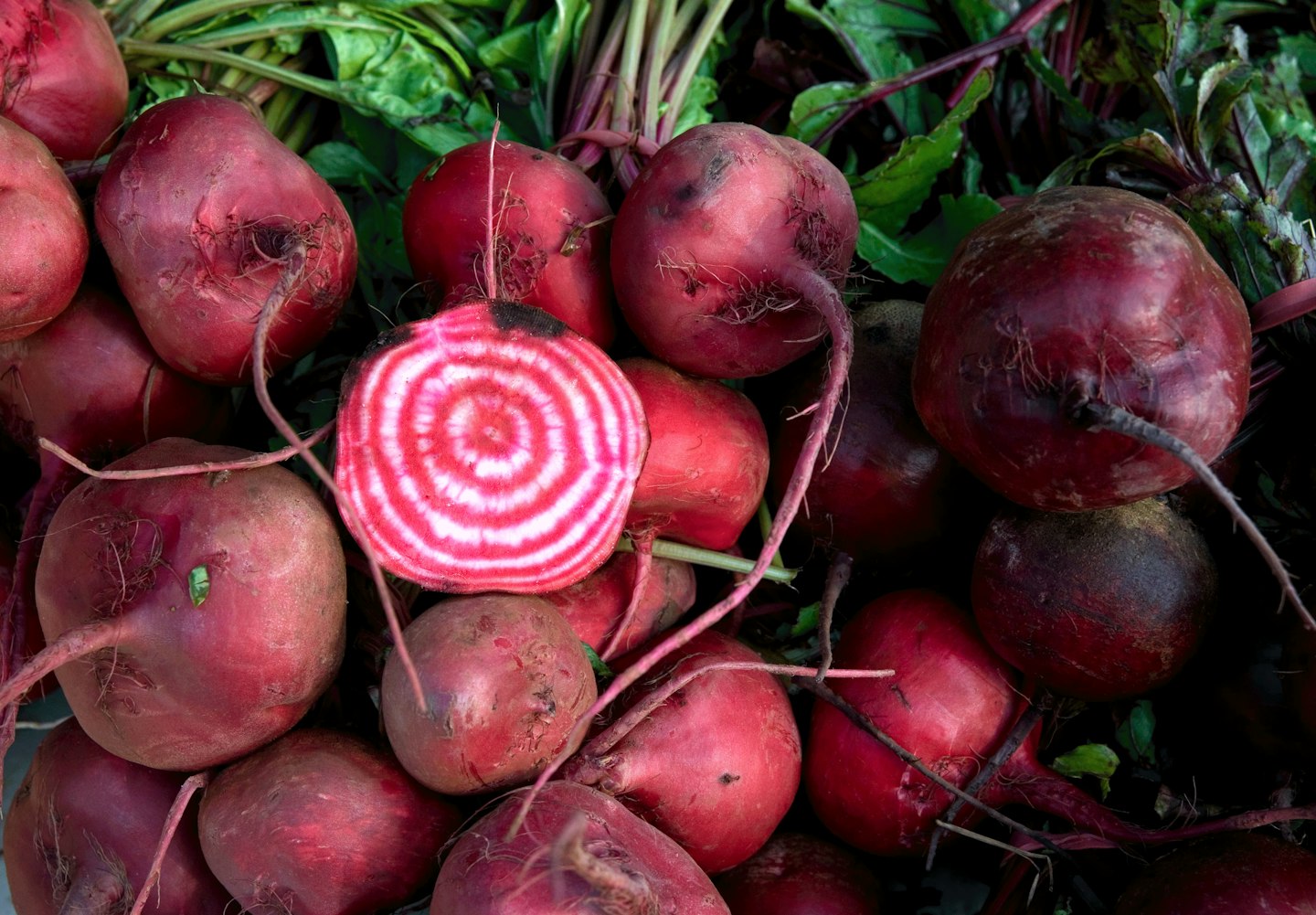
In the same family as spinach, beetroot is full of calcium, vitamins A and C as well as nitrates, which are thought to increase blood flow to the brain. This helps improve focus and performance. Try to use beetroot in your cooking as much as possible, add it to smoothies or have it as a juice.
6. Boost brain power with berries
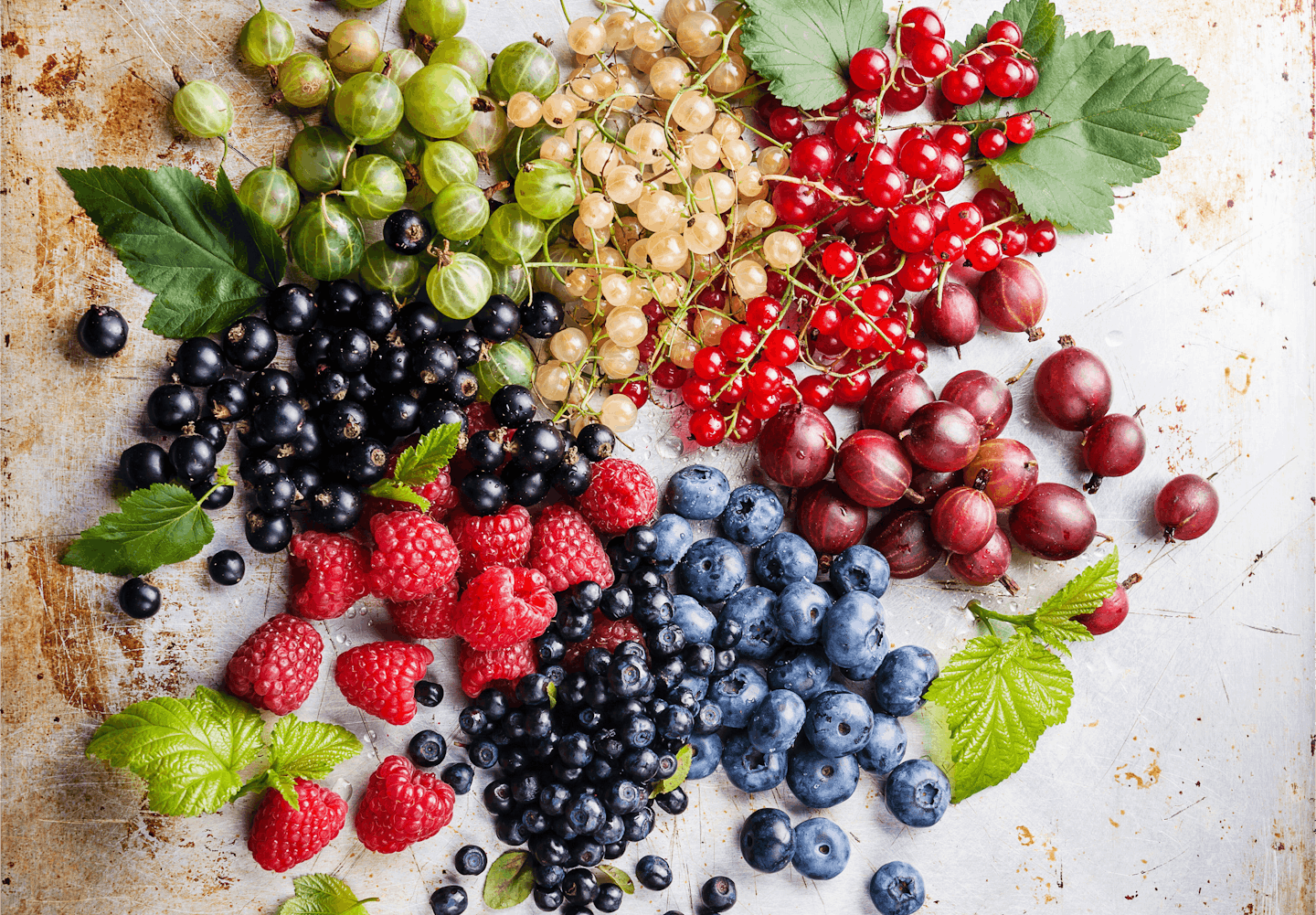
Easy to snack on, berries are great a wonderful brain booster! Blueberries are thought to boost learning and memory due to the high levels of flavonoids, in particular anthyocyanins – these are thought to protect against oxidative stress (free radical damage) in the brain.
7. Wonderful walnuts
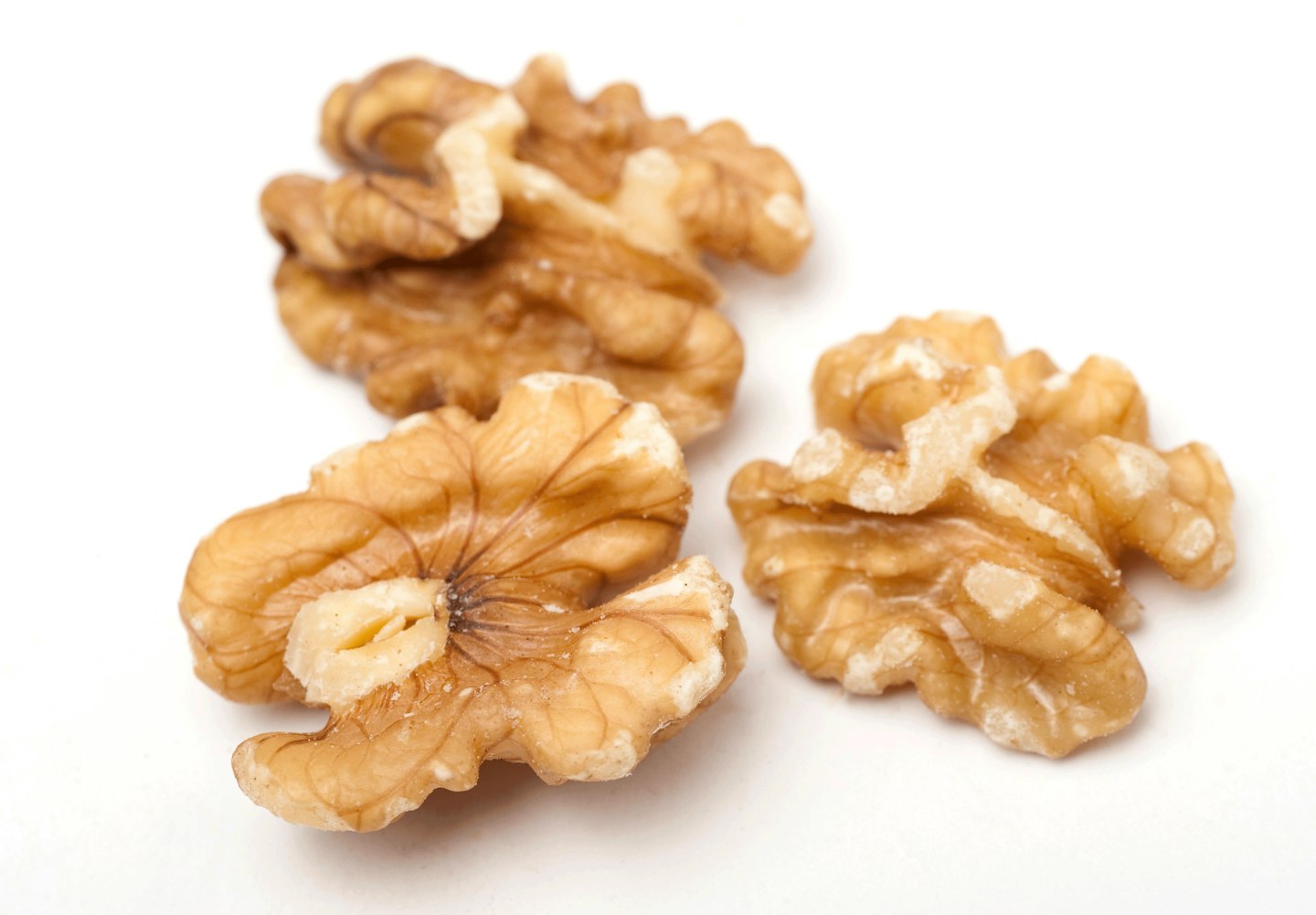
Rich in anti-oxidants and full of anti-inflammatory properties, walnuts are great for the brain. They are rich in polyunsaturated omega 6 and omega 3 fatty acids. These components of our cell membranes make up a significant part of the grey matter of the brain. Walnuts are also a good source of magnesium, which has an important role in healthy functioning of the nervous system. Walnuts are also thought to lower a harmful chemical within the body called homocysteine, which has been associated with memory loss.
8. Energising wholegrain
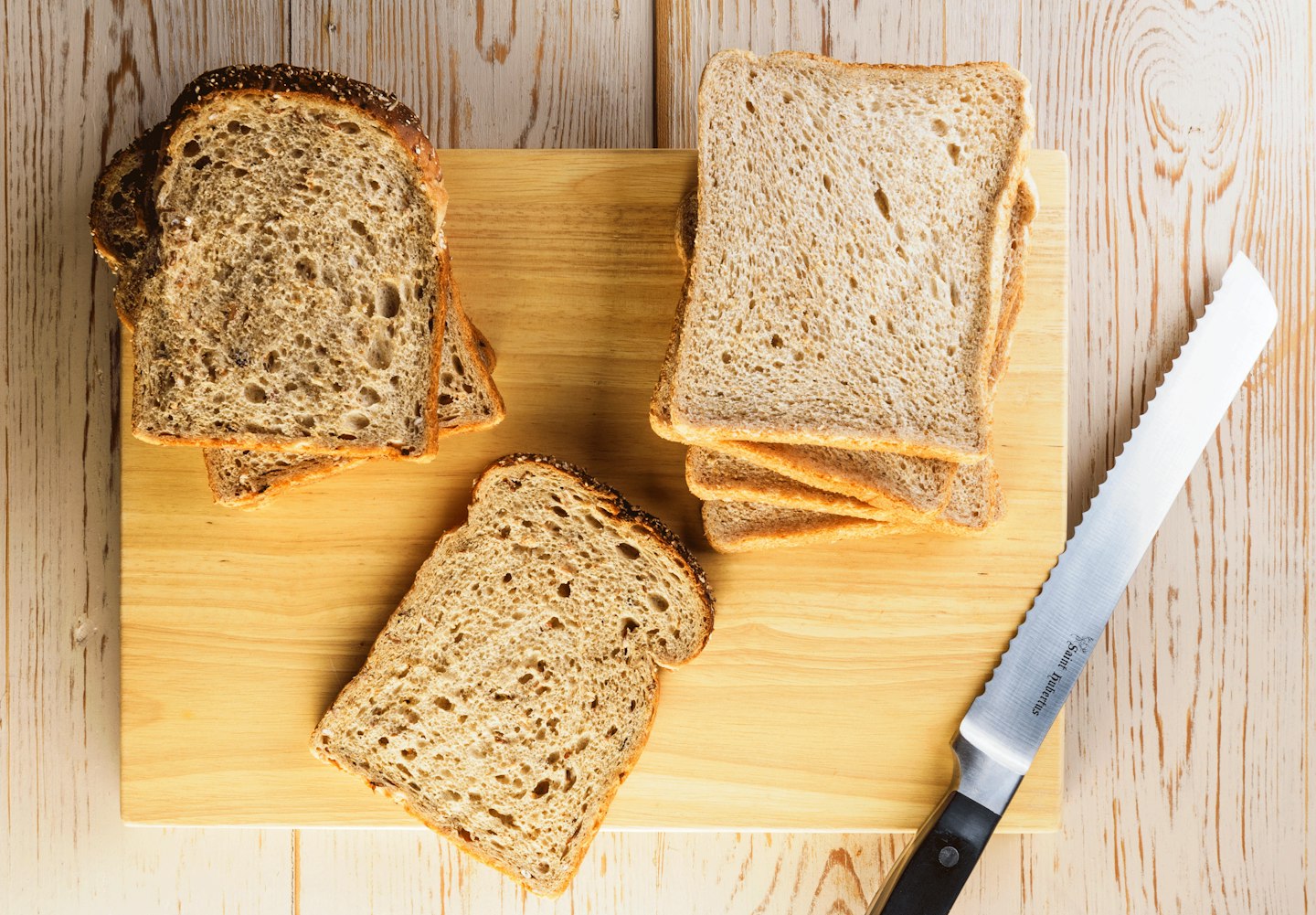
Like everything else in your body, the brain can’t work without energy. The ability to concentrate and focus comes from an adequate, steady supply of energy - in the form of glucose in our blood to the brain. You can achieve this by choosing wholegrains with a low-GI, which release glucose slowly into the bloodstream, keeping you mentally alert throughout the day. Opt for 'brown' wholegrain cereals, granary bread, rice and pasta.
9. Top-up on tomatoes
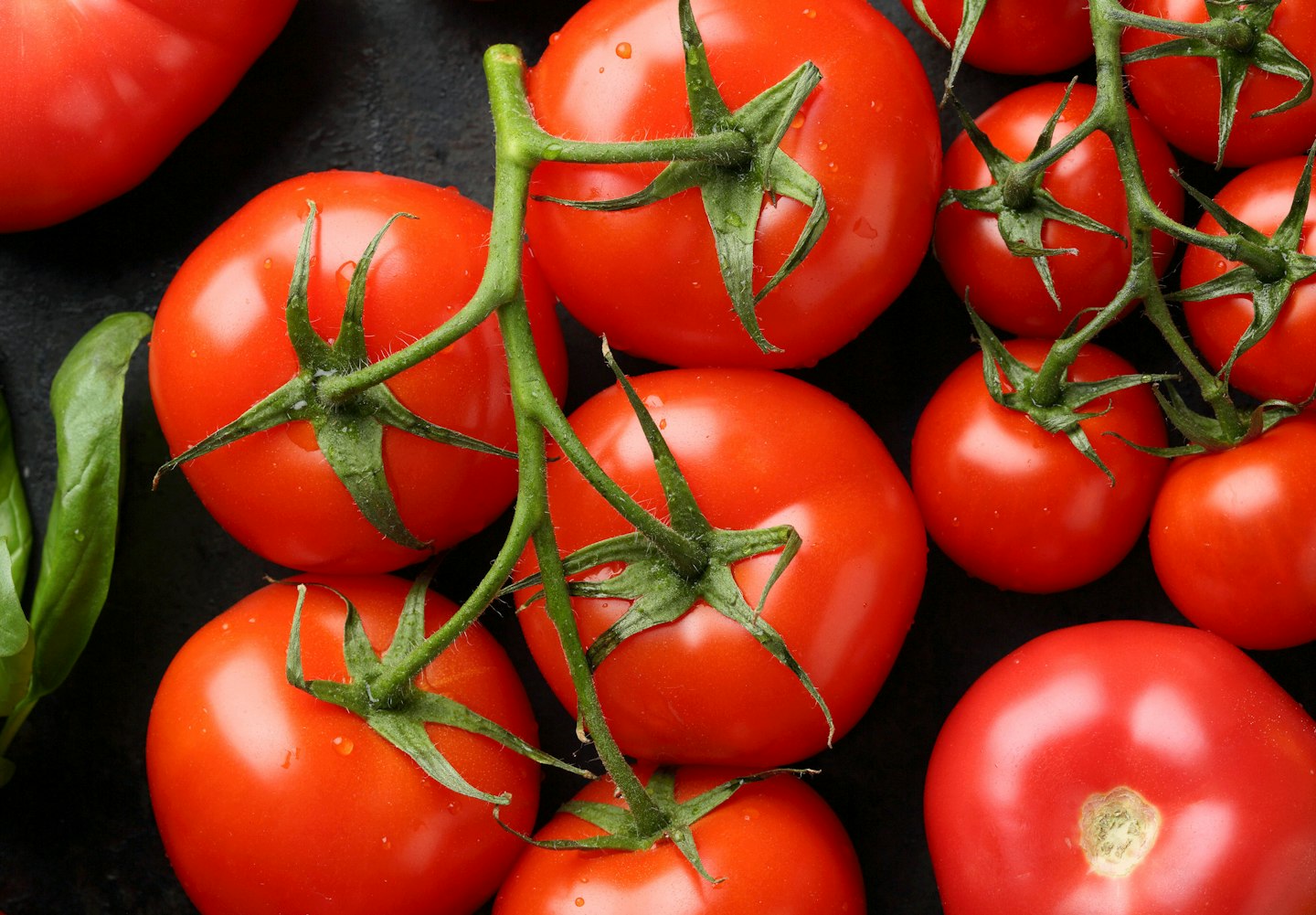
There is good evidence to suggest that lycopene, a powerful antioxidant found in tomatoes, could help protect against the kind of free radical damage to cells which occurs in the development of dementia, particularly Alzheimer's. Enjoy tomatoes with a little olive oil to optimise absorption and efficacy.
